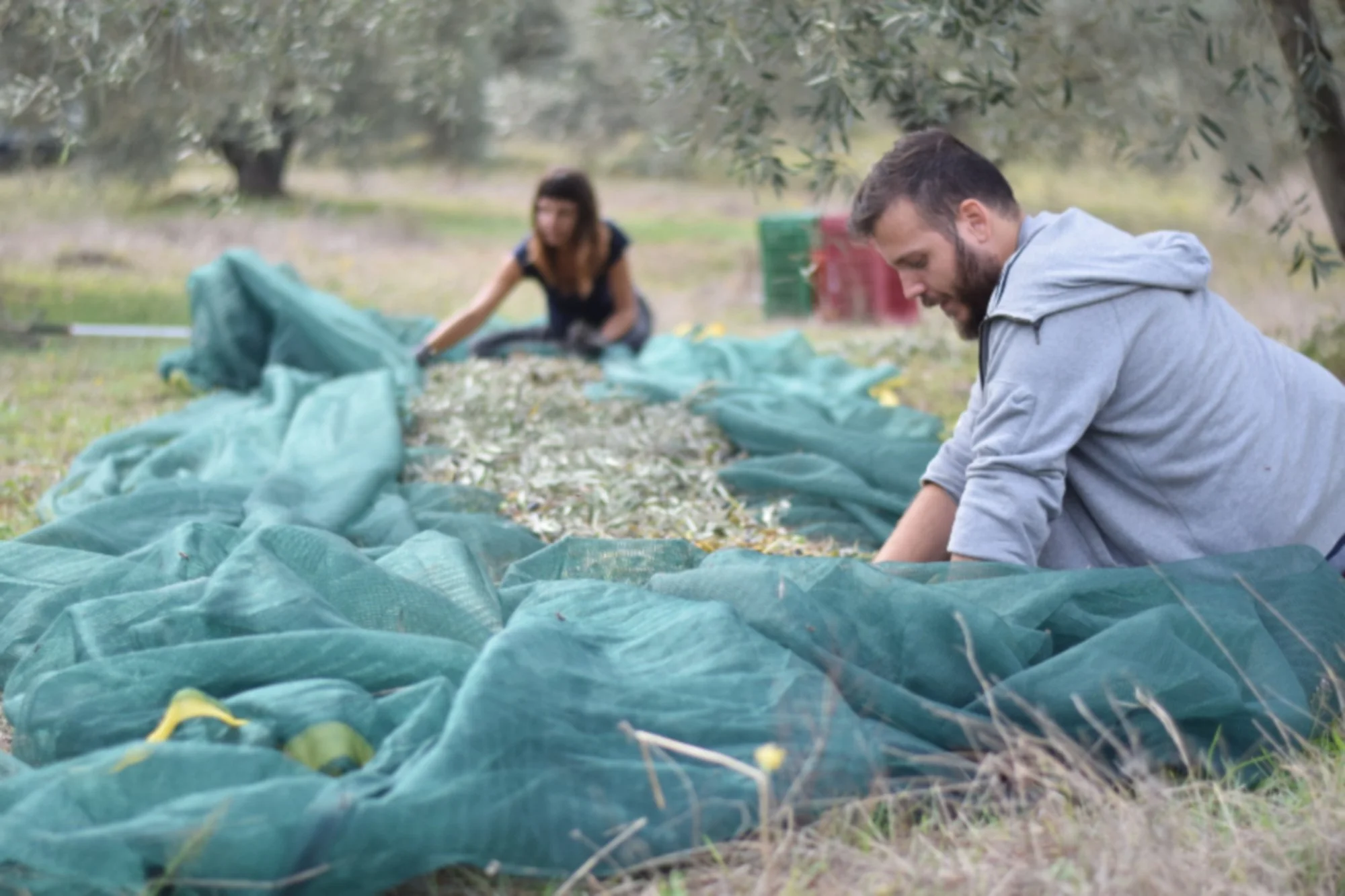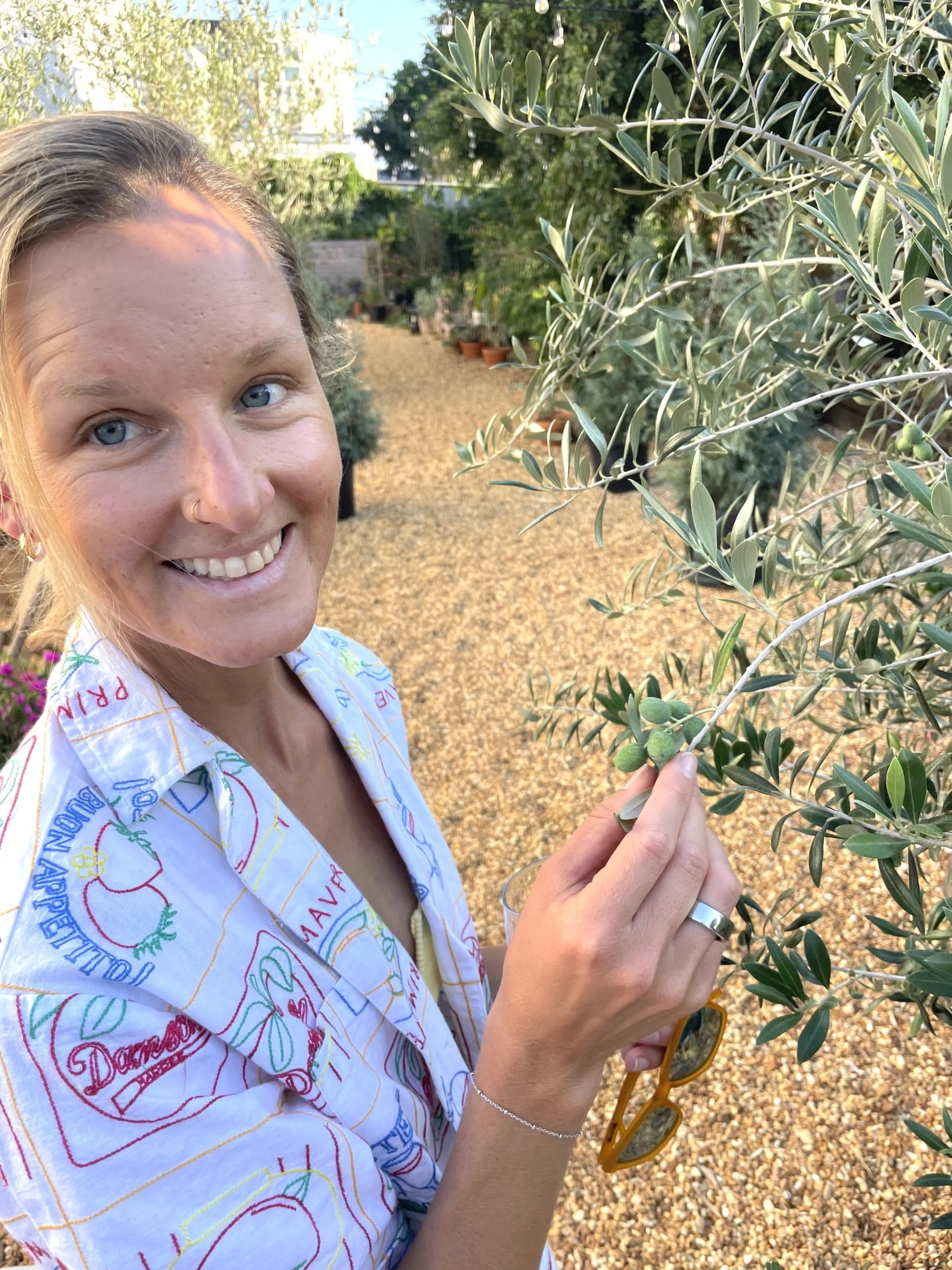Is Organic Olive Oil Better for You?
When olive oil is labeled as organic, it means that a certifying body, typically the USDA or European Union, has ensured that the olive oil was made from olives farmed without synthetic pesticides, fertilizers, or genetically modified organisms.
But if an olive oil isn’t labeled organic, it doesn’t necessarily mean it wasn’t produced in that way.
“I know so many farmers that would rather invest the money required to receive certification in how they actually farm,” says Lori Jean Levy, founder and CEO of the olive oil importing business My Global Table. “This is where knowing the farmer comes in handy, and while it’s difficult for the average customer to know if a producer farms organically without certification, it certainly isn’t impossible.”
There are substantive differences between organic and conventional olive oils, and ways to identify organically produced oils, even if they aren't certified organic.
The Use of Chemicals
Europe has long had stricter regulations limiting forever chemicals and other potentially toxic pollutants in food and cosmetics than the U.S.
“Forever chemicals are often present in pesticides in the U.S.,” Levy says. “So if you don’t know the product you’re dealing with, and it’s from the U.S. and not labeled organic, there may be chemical residues in there.”
Giulio Zavolta and Rachelle Bross of Olivaia OLA
Rachelle Bross, who, along with Giulio Zavolta, founded a small-batch olive oil company, Olivaia OLA, in Lindsay, California, points out that the critical variables with the biggest impact on the flavor of oils are soil management, farming practices, freshness, timing of harvest, and milling practices. In other words, you won’t be able to taste whether a grove is farmed organically or not. But that doesn’t mean it shouldn’t matter to you.
“Organic olive oil comes from groves that avoid synthetic chemicals, instead using natural methods like composting, cover cropping and biological pest control,” Bross says. “Conventional farming relies on chemical inputs to maximize yield and reduce labor. Quality depends most on how soil is managed, how the olives are grown, harvested and milled rather than on organic status alone. However, regenerative practices—which are often practiced by organic growers—do improve flavor and nutrient density through healthier soil.”
Healthier Land, Healthier You
Athanasios Demeslis
There’s the health of your body, but also the planet to keep in mind when selecting what type of oil to buy, says Athanasios Demeslis, an organic olive farmer, olive producer for the certified organic Myrolian and certified olive oil taster based in Volos, Greece.
“Organic olive oil does not contain potentially harmful chemicals,” says Demeslis. “It is also not farmed in a way that causes imbalance, desertification and is harmful to biodiversity.”
More Polyphenols
Sarah Santa
The quality of the oil can also be affected by the farming methods a brand deploys.
“Studies have shown that there is a significant increase in polyphenols in organic olive oil,” says Sarah Santa, a nutrition consultant, olive oil sommelier and founder of June Crush Consulting. “That’s an added bonus, especially if you consume it regularly.”
Polyphenols, of course, are linked to heart health and lowered risks of cancer and Alzheimer’s.
Bottom line, organic doesn’t mean the best, but it often means better.
“An organically farmed oil doesn’t guarantee a great oil,” Demeslis says. “But a truly great oil shouldn’t carry chemical residues. So think of ‘organic’ as a foundation for a high quality olive oil.”
Identifying the Highest Quality Olive Oil
Lori Jean Levy
As Levy already pointed out, there are numerous olive oils on the market farmed without pesticides by growers who don’t want to shell out the thousands required for certification.
“I would encourage people who care about their food and how it’s made to do a little research,” she says. “You’ll often find out a lot about the family or people behind the producers, and you can find olive oils you really connect with. I see the world of olive oil the way many people see wine. There are so many exciting olive oils to try, why limit yourself?”
If you don’t live in a place where you can shake the hand of the person who made the oil at a farmer’s market, she suggests doing research, starting with Google.
“But go beyond Google,” Levy continues. “Check out producers on YouTube. Yes, social media can be extremely trivial. But if you’re looking for more information on a farm and what they’re doing, it can also be very revealing.”
Beyond finding an organic oil, be sure you are choosing extra virgin oils.
“That means the oil has gone through a process of evaluation, both chemical and sensory analysis,” she says. “And look for a recent harvest date. You shouldn’t buy anything harvested more than two years ago.”
Because light degrades oil over time, Bross urges caution when buying clear bottles.
“And the more local it is the better,” she says, explaining that oil shipped from overseas may have been sitting in a hot container.
Organic doesn’t guarantee healthier, top-quality—but it’s a start.





